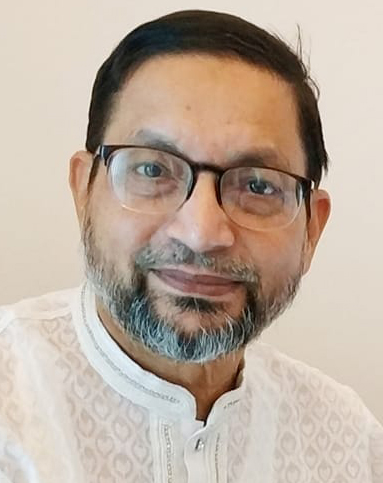Contemporary thoughts for Bangladesh to achieve universal eye health

(Continued from last day’s section)
The COVID 19 pandemic has forced the eye health organizations and eye hospitals to adapt safety measures based on the standard guidelines available and created a space for developing a mindset of best practices in infection control and preventive measures for providers and patients. Eye health service providers are also taking alternative approaches to reach out communities. The traditional approach of reaching out communities once in a while and doing sporadic outreach and school screening without having a clear understanding of the effectiveness and efficiency of this approach has been a long standing issue in relation to sustainable impact of eye care. This has limited the role of communities in eye care service. Although eye health service providers are found organizing community outreach camps to provide free eye-care service but their services are not always up to the mark.
In Bangladesh, there are a few development organizations which are providing economic, education and health care services. Several development organizations have also been integrating eye health care services into their programs to address the primary eye care needs in the community. In Bangladesh, BRAC is providing community-based eye care services in collaboration with the secondary level eye hospitals.
There have been efforts from the Grameen Health to develop human resources in eye health and set up vision center at the community level to connect Grameen’s secondary level eye hospitals. The experience of Grameen has been very positive because of their credit group network.
These large organizations are promoting women empowerment. BRAC is following the enterprise model where they utilize their community level human resources for promotion, prevention, and referral of eye care. Grameen Health uses its Social Business approach to address eye care. There is no denying that these models have been proven to be successful. We all know that there is an umbrella organization – PKSF of the development NGOs (partner organization) with a mandate to work for the empowerment and employment generation to contribute to country’s economic growth. PKSF works across Bangladesh through its partner NGOs.
Considering the potential impact and opportunities of development NGOs in Bangladesh, Orbis’s Bangladesh program has been collaborating with a few large, medium, and small NGOs to integrate primary eye care into their activities and programs. In one hand, we have been able to build capacity of eye health partners and eye hospitals and on the other hand, collaborating with development NGOs who are convinced to contribute significantly in eye health to have a synergistic effect of all efforts in eye care to reach out communities towards achieving universal eye health agenda. We are working to harmonize and supplement the gaps of HSS efforts in eye care where community engagement and empowerment needs to be ensured.
We have just completed two decades with our Vision 2020 campaign – Right to Sight which has significantly changed the mindset of the policy makers and planners and the key stakeholders of eye health to focus and formulate strategies and prioritize actions in line with the combined approach of HSS and IPCEC to progress universal eye health agenda forward.
Considering the existing models, approaches and actions in eye health in the changing scenario due to COVID pandemic eye care services needs to be reformed in line with the WRV recommendations where IPCEC approach has been prioritized to accelerate the current efforts to have a sustainable impact where communities will be meaningfully engaged and empowered to steer the community level primary eye care services and monitor the benefit of eye health program.
Dr. Munir Ahmed is Country Director of Orbis International and a Public Health Management Specialist
(To be continued)




